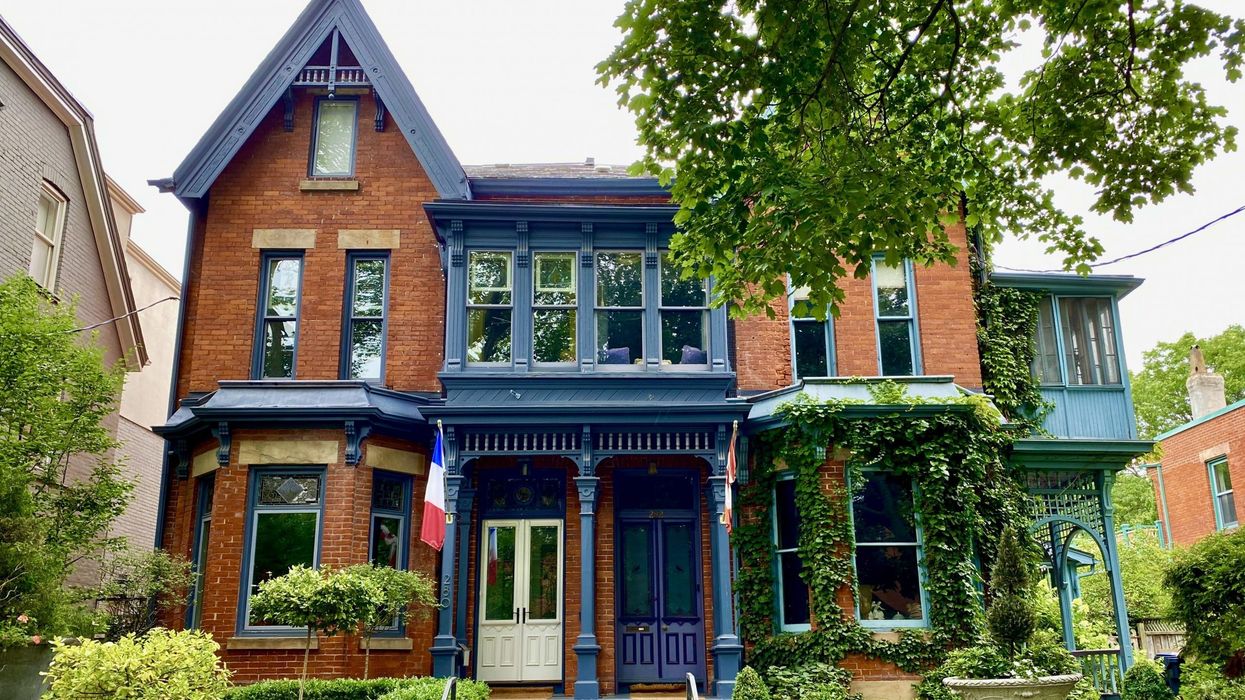As low inventory continues to create one of the most competitive markets on record, the average Canadian home price has already jumped a staggering 21.4% since this time last year, according to a new survey from Royal LePage.
The aggregate price of a home in Canada has risen to $749,800 in the third quarter of 2021, compared to $617,800 in the third quarter of 2020, the Royal LePage House Price Survey, released last week, revealed.
The aggregate price is calculated using a weighted average of the median values of all housing types collected, including both condominiums and single-family homes, for a given area.
Royal LePage said during the third quarter, market activity slowed down due to the chronic lack of inventory -- a persisting challenge for housing markets from coast to coast, coupled with the seasonal summer slowdown.
READ: Canadian Housing Market Conditions Stabilizing After Months of Volatility
"During the third quarter, the torrid pace of home price appreciation moderated as both demand and inventory waned, a typical summer market trend in a very atypical year. With easing pandemic restrictions, there was finally something to talk about other than real estate, and people began travelling and socializing again," said Phil Soper, president and CEO of Royal LePage.
"In addition, a year of relentless competition for too few properties drove some would-be purchasers to the sidelines as buyer fatigue set in. Yet their fundamental need or desire for a new home remains and we are seeing pent-up demand grow. We expect another unusually busy winter season building to a brisk 2022 spring market," said Soper.
The survey, which looked at 62 Canadian cities, found that when broken down by housing type, the national median price of a single-family detached home rose 25.2% year-over-year to $790,000. At the same time, condos rose 13% to $533,600 year-over-year.
Given that detached homes in suburban and smaller cities continue to be the primary driver of Canada's aggregate house price growth, Soper noted he has seen prices levelling in many of these regions and expects future growth to track closer to historical norms.
"While the price gap between houses and condominiums widened during the pandemic, that too should reverse itself in the months ahead, as buyers see condo units as good value for money. In addition, the revitalization of our cities, as employees return to offices and the businesses that serve them reopen, is driving renewed interest from investors eager to provide much-needed rental accommodation," added Soper.
Regarding regional housing prices, each of the major Canadian cities and their surrounding areas saw a jump in home prices, with the most significant jump occurring in Greater Vancouver, where the aggregate price of a home increased 20.8% year-over-year to $1,221,400 in the third quarter of 2021.
The Greater Montreal Area also saw its aggregate price of a home increase by 20.8% year-over-year to $517,200 in Q3-2021, followed by Ottawa, where prices rose 20.7% during the same period to $725,200.
In the Greater Toronto Area, the aggregate price of a home rose 17.9%, year-over-year, to $1.08 million in the third quarter, including a 24.2% increase in detached houses, to a median price of $1.35 million and a 12.3% gain in condos, to $645,300.
In Toronto, the aggregate price of a home increased 4.8% year-over-year to $1,110,500 in Q3-2021. During the same period, the median price of a single-family detached home increased 11.9% to $1,566,600, while the median price of a condominium increased 6.7% to $687,700.
"In the city centre, prices continue to rise as supply fails to satisfy growing demand. The condo segment continues to rebound, following a drop in sales and prices early in the pandemic. As immigration levels increase, so too will demand for condominiums in major urban centres like Toronto, which will put more pressure on prices in the coming year," said Karen Yolevski, chief operating officer, Royal LePage Real Estate Services Ltd.
With prices on the rise, Royal LePage is forecasting that the aggregate price in Canada will increase 16% to $771,500 in the fourth quarter of 2021, compared to the same quarter last year. This forecast is consistent with the company's previous update in July.
If Royal LePage's forecast is correct, Canadian home prices will have climbed 33% between the start of the pandemic recovery and the end of this year.
"Looking back to the late spring of 2020, the Royal LePage benchmark value of a home was $580,000. The subsequent 'Covid-catalyst' which drove legions of Canadians to upgrade their living situations, has created a period of exceptional home price growth with real estate values on track to grow 33% by year-end," concluded Soper.





















